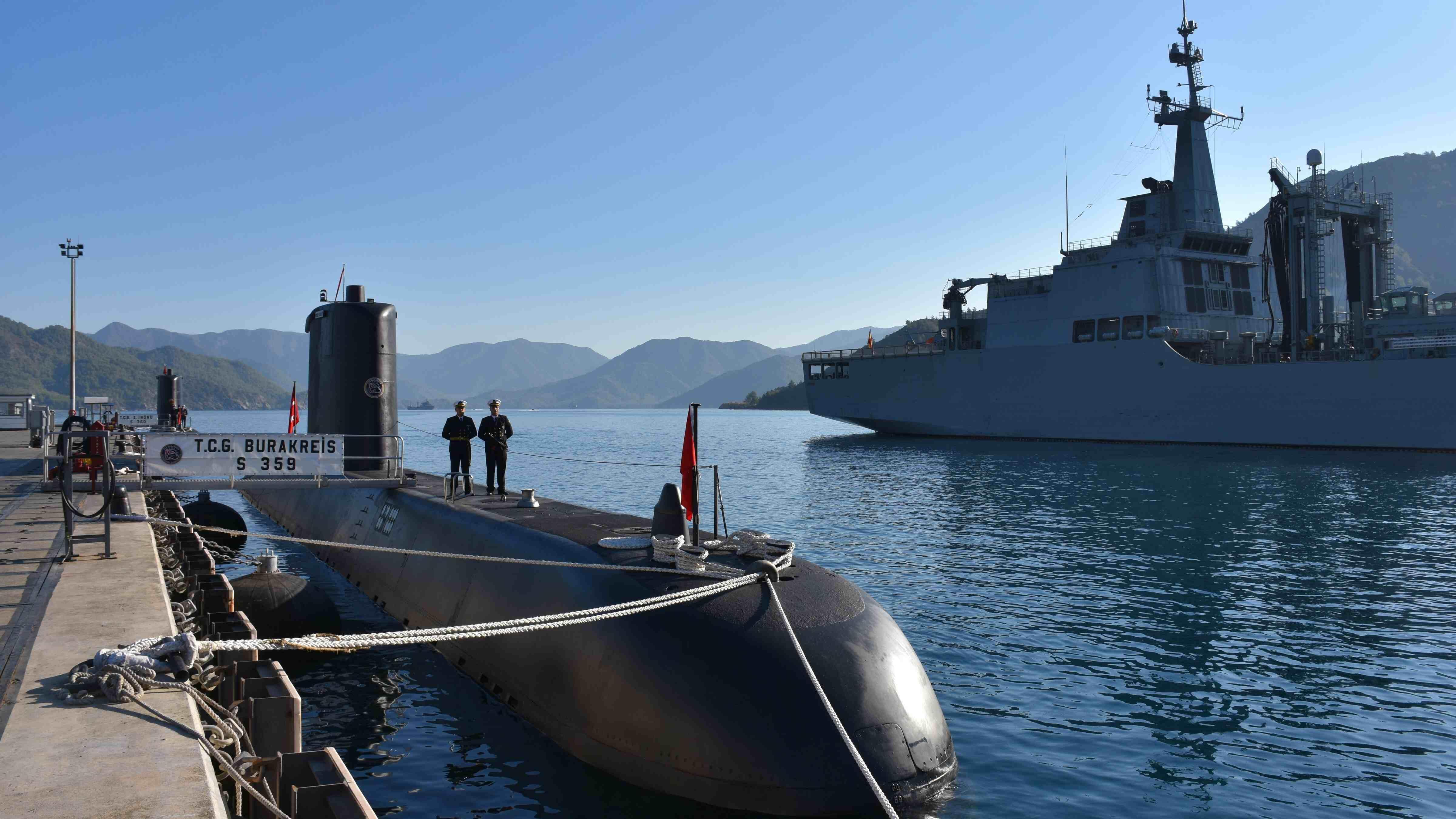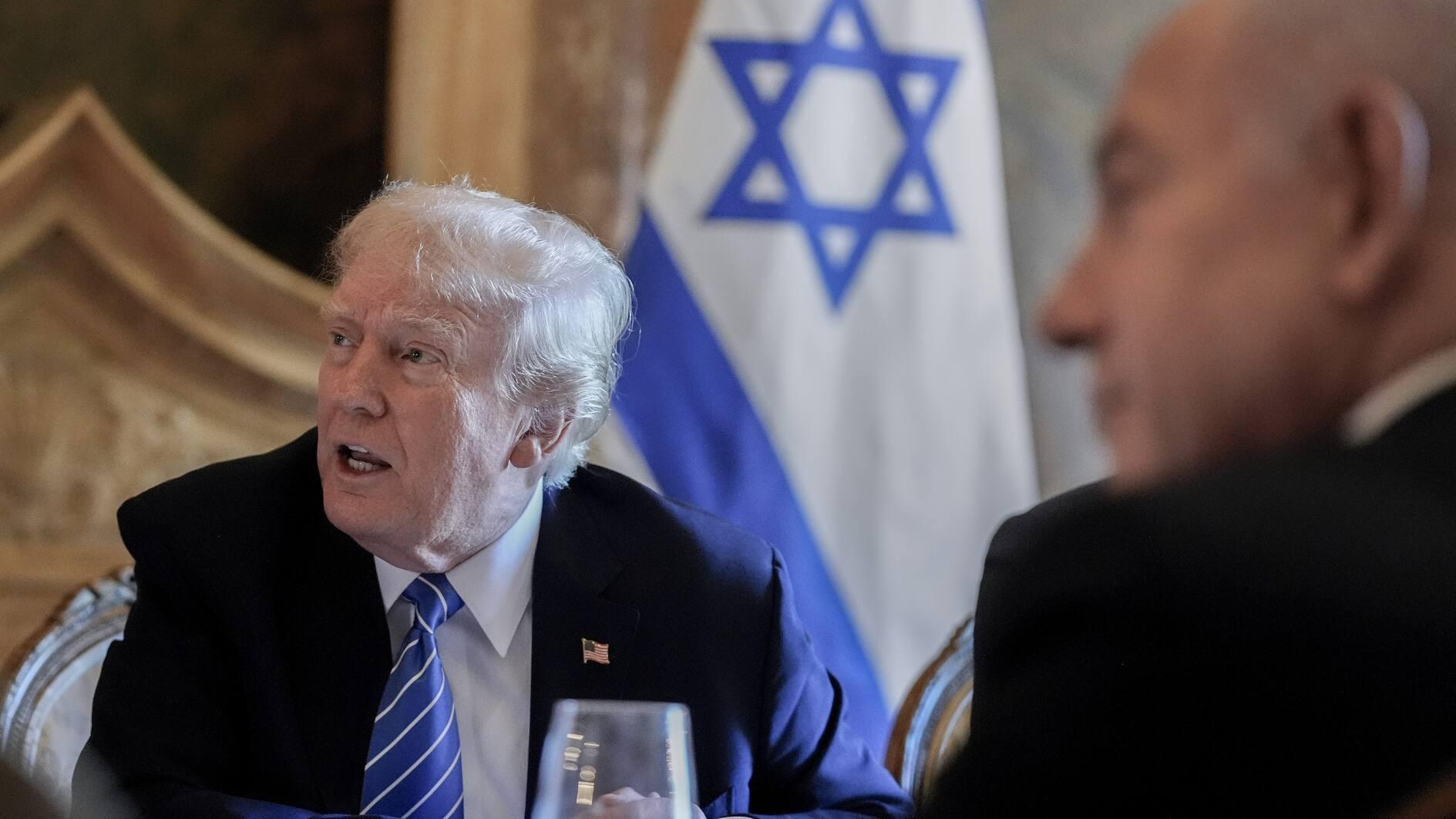Turkey's hopes for an updated customs union left for another fall
In an interview in mid-June, the president’s spokesman and chief foreign policy adviser, İbrahim Kalın, expressed his optimism that Germany’s EU term presidency would create new opportunities for Ankara-Brussels ties.
“Germany is one of the key actors of the EU. During Germany’s term presidency, we have a chance to make progress on issues that we have failed to do so up to now,” Kalın said, citing visa liberalization, updating the customs union, restarting political dialogue at every level, renewing the Turkey-EU migrant deal, as well as opening new negotiation chapters.
There are, however, several reasons why Germany’s term presidency will not cover these expectations all in one breath.
Fundamentally, Germany’s agenda has already been overwhelmed because of the ongoing coronavirus pandemic and its impacts on European economies. Ultimately, its motto of “together for Europe’s recovery” for the term presidency speaks for itself.
German Chancellor Angela Merkel will have to compromise with 27 member countries on a huge economic package in the first months of her leadership and oversee the Brexit process in the coming months. Relations with China will also eat up Merkel’s time and attention due to rising concerns over trade disputes as both sides are considering whether a China-EU summit can be held in 2020.
Merkel, who initiated the Berlin Conference to end the armed conflict in Libya and launch a political process between the warring parties, will also mull whether to continue exerting German influence over the related parties during her term presidency.
In addition, Germany’s term presidency will prioritize climate protection, digital transformation, the rule of law and Europe’s role in the world.
Expectations for the German helm are also high within the bloc, as the president of the European Commission, Ursula von der Leyen, stressed it was “very fortunate that Germany is taking over the presidency at this time of a major crisis.”
Relations with Turkey will sure be on Germany’s agenda, albeit relatively narrowly. EU diplomats recall that the ball is still in Turkey’s court when it comes to visa liberalization. And Turkey still has to fulfill six remaining benchmarks out of 72, while its harmonization process with the required EU acquis has fallen short. EU diplomats are not hopeful that progress can be made on this particular issue in the next six months.
Turkey’s highest expectation was a go-ahead from Germany for the start of negotiations to upgrade the customs union. In an interview with the Hürriyet Daily News, outgoing German Ambassador to Ankara Martin Erdmann suggested that this wouldn’t be possible. Instead, he suggested “polishing the existing Customs Union,” which has become rusty over the past 25 years.
EU diplomats highlight the difficulty of garnering unanimity on issues concerning Turkey due to ongoing serious political rifts between Ankara and a number of EU capitals. Greece and Greek Cyprus are on the top of this list, while France and Austria are not far behind in their ire toward Turkey. Tension over the eastern Mediterranean stands as the most important regional conflict between Turkey and the EU, while the Turkish government’s backward steps on democratization further strengthen the hands of the Turkey-skeptics on the continent.
During the German presidency, the only agenda Ankara and Brussels might be able to focus on will be the efforts to renew their migrant deal. Tackling the growing migrant problems is one of the declared goals of Berlin’s presidency, and that will result in intense talks with Turkey to this end.
All this reveals that the German presidency will feature more frequent high-level interactions between Ankara and Berlin, but that will be not be sufficient to turn the coming six months into a new era in ties so long as the fundamental problems between the two remain.











